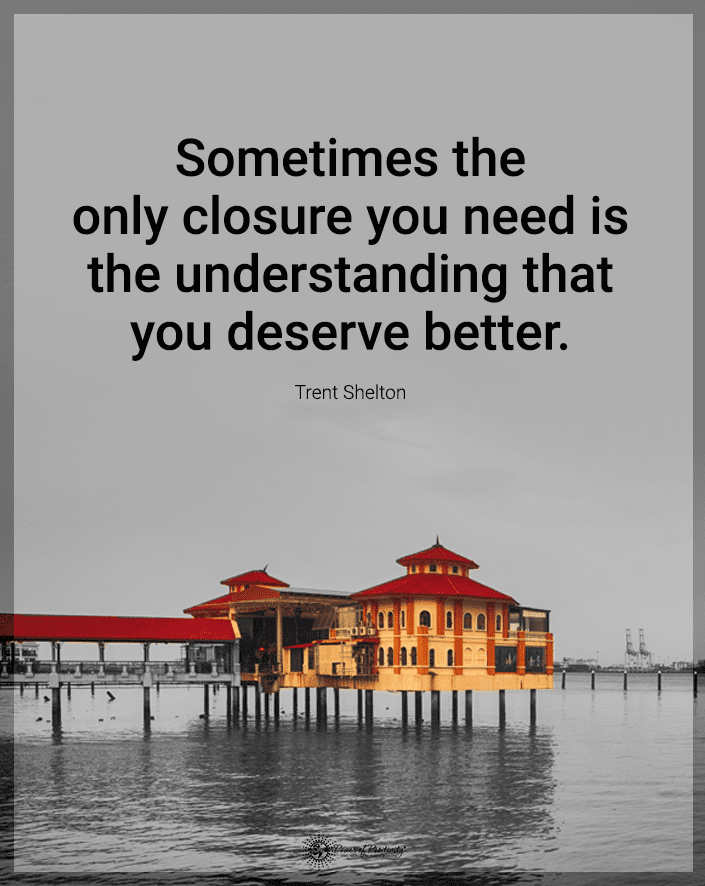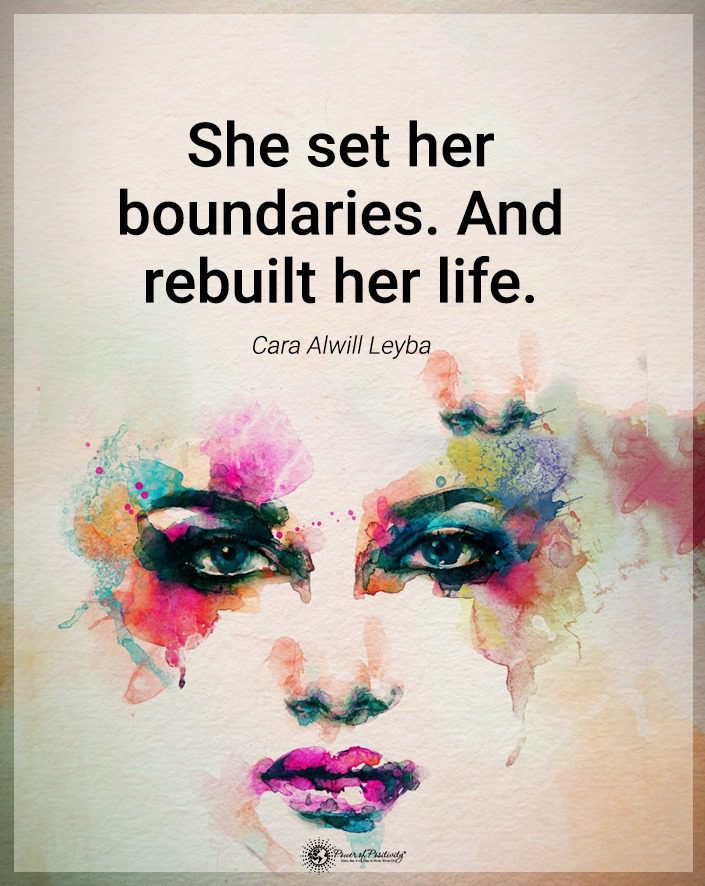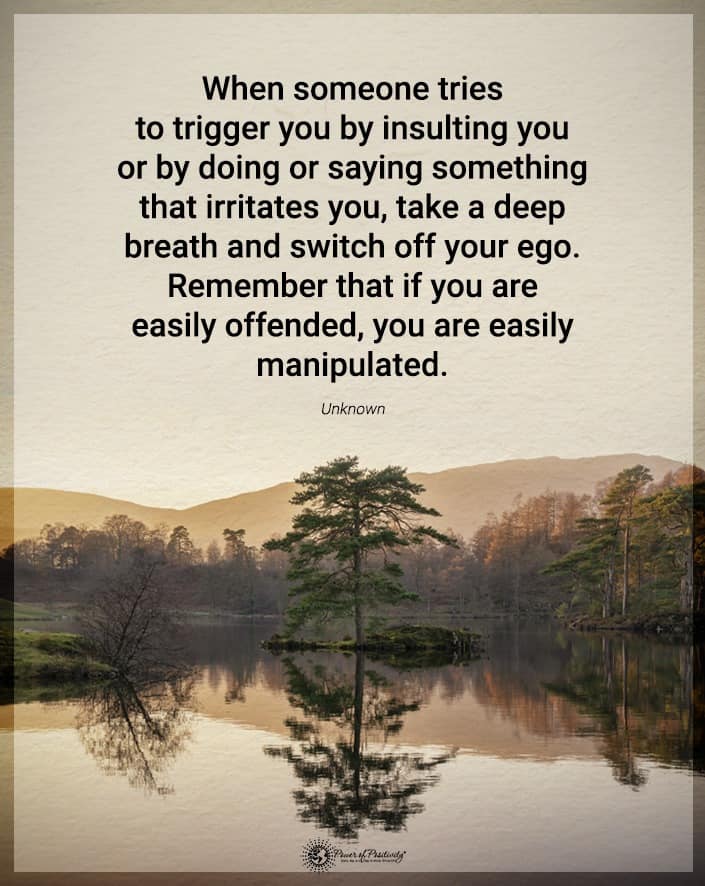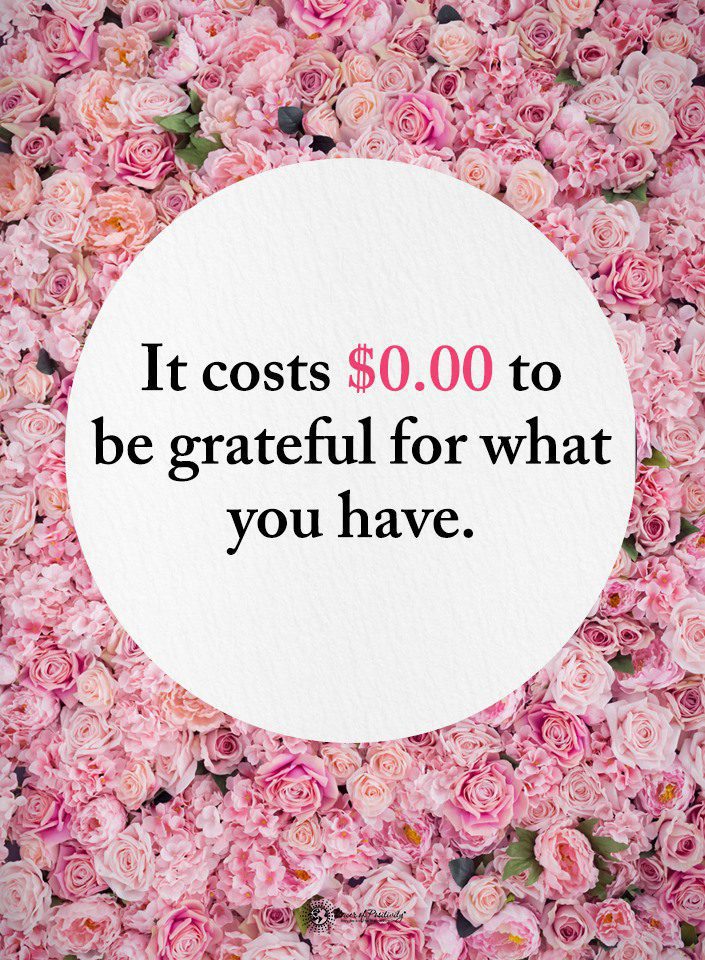From the moment you are brought into the world, you develop relationships – with your parents, siblings, near and distant relatives, students, spouse, friends, co-workers… the list goes on. Something else that we all have in common. We want to have healthy and happy connections with others (and we all have the capacity to ruin relationships). In order to create these positive relationships, there are certain behaviors we must learn to stay away from. Three of these behaviors in particular if left unchecked can ruin your relationships. They can also have a very strong impact on the number of connections formed in the future.
Here are 3 behaviors that ruin relationships:
Withdrawal from communication (and/or emotional unavailability)
Effective communication is essential in any healthy relationship. Being open, honest, and willing to discuss your thoughts, feelings, and desires with your spouse is required. When people hold secrets or avoid genuine interactions, they create a barrier that inhibits the connection from growing and flourishing. This might result in sentiments of distrust, animosity, and disconnect.
It is essential to be able to handle difficult conversations in a calm and sensible manner in order to create and maintain a good relationship. This includes the ability to express yourself without resorting to name-calling or yelling at one another. It also entails being able to listen to your partner’s point of view while accepting responsibility for your own behaviors.
It is critical to be open and honest with your spouse in order to establish successful communication and trust in your relationship. This entails being open to sharing your thoughts, feelings, and needs, even if they are difficult to articulate. It also entails being willing to listen to your partner’s point of view and collaborate to solve any problems that may occur.
To summarize, healthy relationships necessitate open and honest communication. When people conceal secrets, avoid uncomfortable talks, and refuse to admit when someone has done or said something that has upset them, it can lead to mistrust, animosity, and detachment. It is critical to establish trust and excellent communication in order to avoid hurting the relationship.
This can be achieved by being open and honest with your partner, and by being willing to listen and work together to find solutions.
Comparing the relationship to the relationships of others
Comparing yourself to others, whether the Joneses, Kardashians or anybody else, can harm your relationships. When we compare ourselves to others, it might make us feel inadequate or as if our ties with others are insufficient. In our relationships, this can lead to emotions of lack, inadequacy, and discontent. It can also foster an unhealthy dynamic in which we are always striving for something greater rather than appreciating the beauty of our current relationships.
To prevent potentially destroying your relationships by comparing yourself to others, keep in mind that each scenario is unique and individual. It’s normal for your relationship with a friend or partner to differ from your relationship of another person.
Instead of always wishing for something you don’t have, it’s crucial to accept your relationship for what it is and to focus on its strengths and positive qualities.
It’s also vital to understand that other people’s relationships and lives aren’t always as great as they appear on social media or in the media. People tend to exhibit only the best aspects of their lives, and it’s easy to compare your own life and relationships to an edited and curated version of someone else’s.
In conclusion, keeping up with the Joneses or the Kardashians might be detrimental to your relationships. It can cause emotions of lack and inadequacy, as well as make you want for something you don’t have.
To avoid potentially destroying your relationships, keep in mind that each scenario is unique and unusual, and cherish the beauty of your current relationships. Furthermore, it is critical to know that other people’s relationships and lives are not always as great as they appear and to refrain from comparing yourself to them.
Holding on to grudges and resentments
“For every minute you are angry, you lose 60 seconds of happiness.” – Ralph Waldo Emerson
When someone offends us, especially someone we love, it can be excruciatingly painful and leave us feeling as if we will never be able to forgive them. Holding grudges and unresolved issues, on the other hand, might lead to the notion that people cannot be trusted. This is harmful to both ourselves and our relationships.
Forgiveness is an essential component of any healthy relationship. It enables us to go forward in a positive manner by allowing us to let go of the grief and hurt created by the offense. It’s critical to understand that forgiving someone does not imply overlooking their offense or making excuses for their behavior. It is all about letting go of the bad feelings and resentments that might affect ourselves and our relationships.
Forgiving someone might also be good for our emotional health. Holding on to anger and resentment can be emotionally taxing, leading to tension and discontent. We can let go of bad emotions and achieve peace and closure by forgiving someone.
Furthermore, forgiving is crucial because it opens our hearts and brains to trusting others. When we retain grudges and resentments against people, it can be difficult to trust them and develop healthy relationships. Forgiveness enables us to move past the transgression and develop better, more trusting connections. It can be tough to forgive someone who has hurt us. Holding grudges and unresolved issues, on the other hand, might lead to the notion that people cannot be trusted. Forgiving someone is vital because it allows us to let go of the grief and hurt caused by the transgression, improves our mental health, and allows us to open our hearts and minds to trust others.
Final Thoughts on Behaviors That Ruin Relationships
Some of the practices that might harm relationships include keeping secrets, removing oneself from genuine interactions, and comparing oneself to others. Effective communication, trust, and forgiveness, on the other hand, are essential components of any healthy relationship. Being open, honest, and eager to discuss your ideas, feelings, and desires with your spouse is one of these characteristics. Furthermore, the ability to have difficult conversations in a calm and sensible manner, accept responsibility for your own acts, and let go of grudges and resentments are vital for maintaining strong relationships. If you want to keep your close relationships healthy, you should aim to foster these habits in them.








